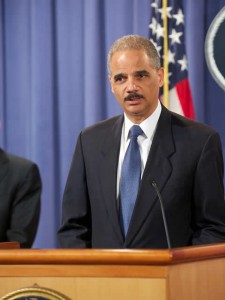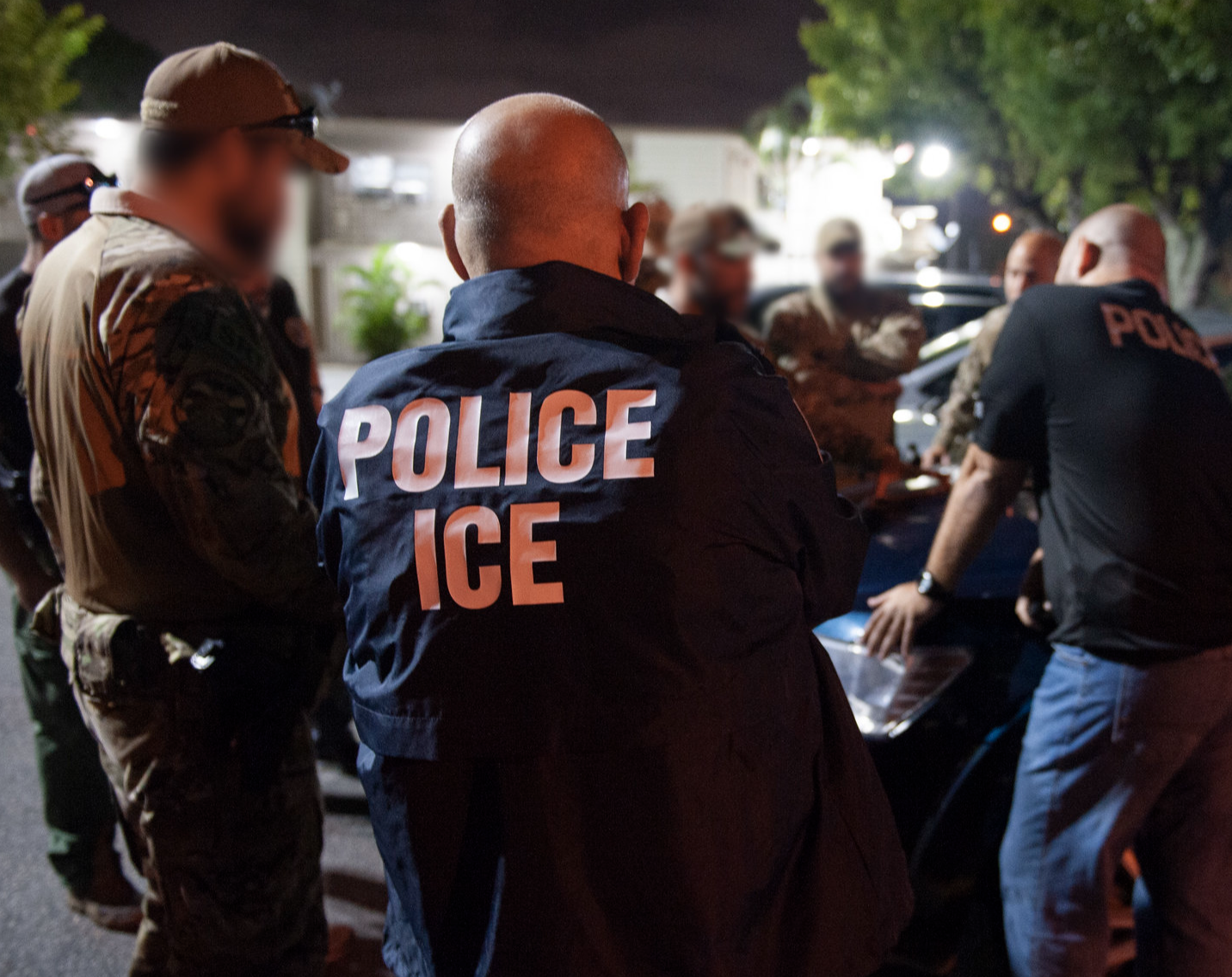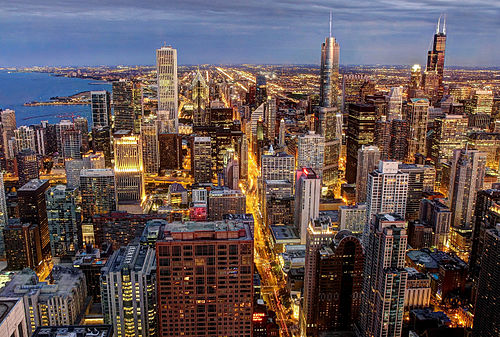Don’t get too excited about bank indictments.
The Justice Department is talking tough. In an unusually frank video statement, Attorney General Eric H. Holder Jr. proclaimed that he was personally overseeing major financial investigations and that his department was poised to bring charges against several large institutions. The United States attorney in Manhattan, Preet Bharara, gave a rousing speech several weeks ago, declaring that the era of “too big to jail” is over.
The Justice Department is readying charges against Credit Suisse and BNP Paribas, two overseas banks under scrutiny for violations of United States law. Leave aside the appearance that prosecutors can only go after doggone foreigners. After all of this hype, it will be an enormous embarrassment if Justice ends up settling for a fine and some kind of deferred prosecution agreement.
In an article in ProPublica and The New York Times Magazine last week, I argued that federal prosecutors have rendered themselves incapable of meaningfully sanctioning the largest companies or bringing charges against top executives.
Any charges against large financial institutions carry symbolic power. But the more crucial questions are which entities are held accountable, whether the culture that led to criminal conduct is changed and whether any individuals are ultimately brought to justice.
As part of its investigation of the rigging of global benchmark interest rates, the Justice Department obtained guilty pleas. But the contrite parties were obscure Japanese subsidiaries of UBS and the Royal Bank of Scotland. Was this likely to deter future bad behavior by executives at those companies or their competitors? Many were skeptical.
Despite Mr. Holder’s tough-sounding video appearance, it is clear that prosecutors are twisting themselves into awkward yoga poses to minimize the damage any charges against companies might inflict on the larger economy. That’s prudent, of course, but it also suggests that the companies still have considerable leverage in preserving their essential profit centers.
So, what is the purpose of bringing charges against a large corporation?
Longtime prosecutors say they try to achieve three goals: force structural reform of the company, punish bad behavior and further investigations of individuals. As satisfying as it is to hear the word “guilty” emanate from a corporation, the Justice Department has lost sight of these aims.
Consider the issue of reforming a corporation’s behavior. Over the past decade, prosecutors have increasingly used deferred prosecution agreements in which companies agree to change their ways to avoid being formally charged.
The Justice Department argues that these deals can be even tougher than an indictment. Just recently, the judge overseeing the agreement that settled the HSBC money-laundering case praised it as stronger than criminal charges.
But there’s a catch. Someone has to make sure that the companies keep their promises, and that doesn’t always happen. A surprising number of these deals are handled under what turns out to be an honor system. Three-quarters of deferred prosecution agreements in recent years did not require a corporate monitor, according to Brandon L. Garrett, a University of Virginia law professor, who has a forthcoming book, “Too Big to Jail: How Prosecutors Compromise with Corporations” (Harvard University Press).
In those cases, exactly who is making sure the terms of the agreement are met? The Justice Department isn’t set up well to get into the weeds of a company’s practices and procedures. Not surprisingly, we get a lot of corporate recidivism. BP pleaded guilty yet didn’t overhaul a malignant corporate culture. Then another Gulf of Mexico oil spill occurred. Pfizer subsidiaries have pleaded guilty — more than once.
There’s a solid economic reason for all this backsliding. The fines against companies have grown astronomical in recent years, but the money comes from the shareholders, not the executives’ pay packet.
The most important goal of a corporate indictment or deferred prosecution is that they further investigations of individuals. The government receives pledges of cooperation. Those promises have often proved empty.
Professor Garrett notes that when prosecutors reach a deferred or non-prosecution with a company, follow-up charges against executives are rare. Disturbingly, in the biggest corporate convictions, which are ostensibly more serious actions, charges against individual executives are even rarer.
For justice to be done, prosecutors must be capable of both indicting large corporations and go after individuals. And they cannot simply go after low-level employees. That gives the impression that top officers of companies have impunity.
The Justice Department hasn’t grappled successfully with how to bring accountability to top executives. In the much-vilified HSBC investigation, where the British bank laundered money for brutal Mexican drug cartels and America’s enemies, the Justice Department scratched its head. The wrongdoing had gone on for so long by so many employees, it was hard to figure out who was in charge. The deeply unsatisfying conclusion: charge no one.
Prosecutors often run into roadblocks that they fail to surmount. Take the Manhattan federal prosecutors’ deferred prosecution agreement with Toyota, which it reached in March, for misleading the public about the safety of its vehicles. The investigation was complex and took years. It fined the company $1.2 billion. That amounts to merely about 6 percent of its annual profits.
Again, the United States attorney’s office in Manhattan did not charge any individuals. Indeed, it wasn’t able to interview some top executives of the Japanese company. Sure, the Justice Department doesn’t always get cooperation from foreign prosecutors. But given that prosecutors did not receive full cooperation, shouldn’t the corporate punishment have been more severe?
The Justice Department has charged some individuals in recent scandals. It has charged traders in both the interest rate and foreign exchange rate manipulation scandals. In the JPMorgan “London Whale” trading loss, prosecutors have charged two traders. But in these cases so far, the government has corralled no top executive.
Such a situation creates an unfortunate set of incentives for top executives. If an executive sees a division making outsize profits or performing unusually well, or hears rumblings of bad behavior, one plausible response is to assiduously ignore everything about it. Develop a powerful case of incuriosity, cancel meetings with the auditors, send the compliance officers on vacation to the Aleutian Islands. Revel in ignorance. And you stand an excellent chance of skating.
ProPublica is an online, non-profit, investigative journalism site.






